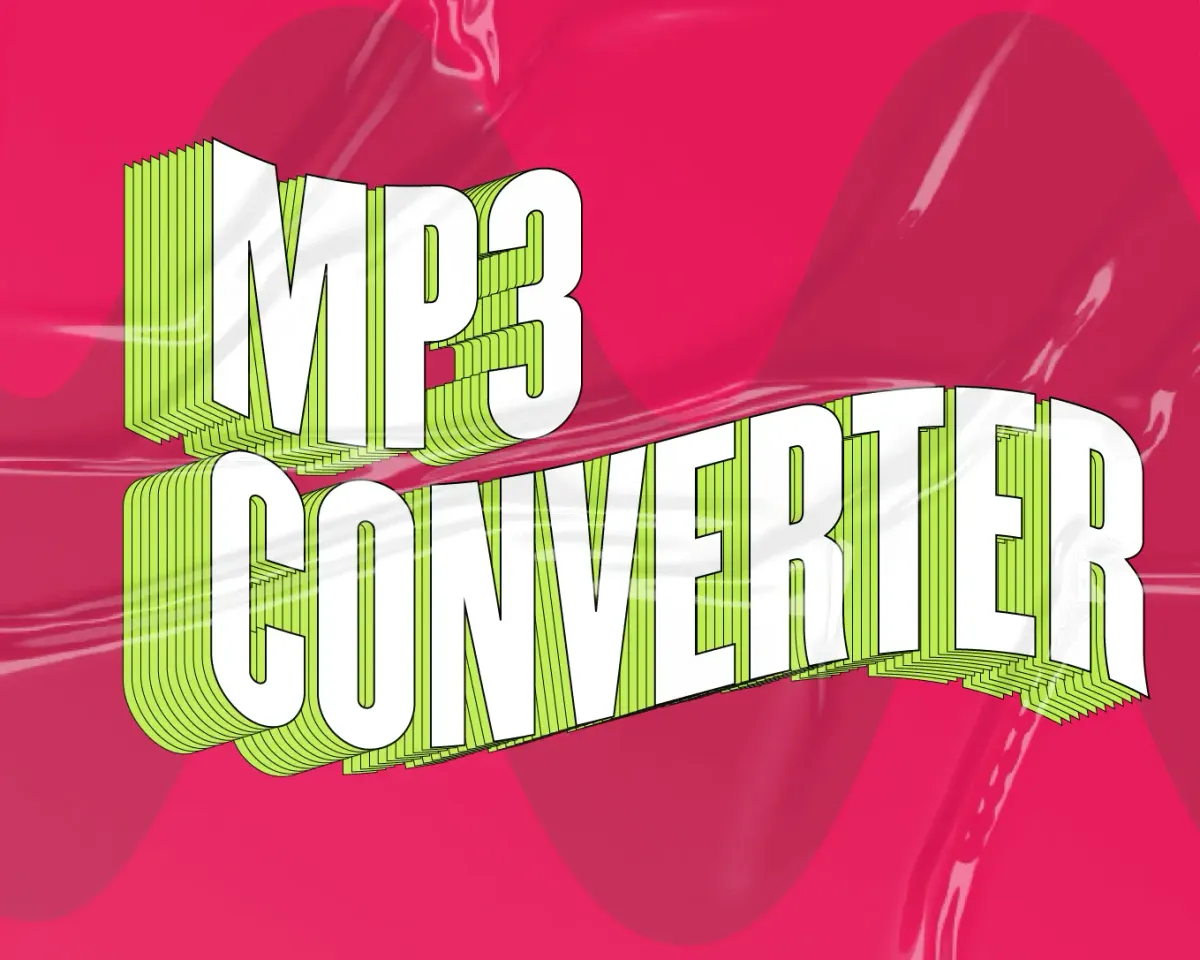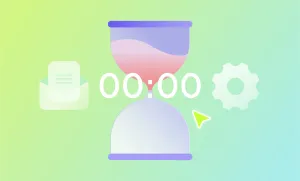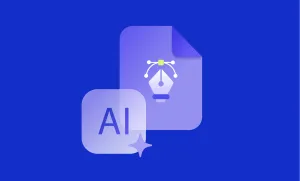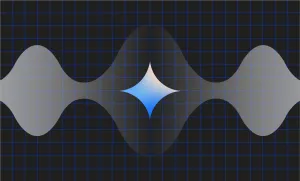Looking for the best online MP3 converter? There are a lot of them out there, but which one is the best for you? In this blog post, we'll introduce you to the best MP3 converter out there and show you how to use it to convert your files from one format to another.
Plus, we'll take a look at some of the most popular audio file formats and explain what each one is used for. So whether you're wanting to improve the quality of your podcast recordings with a better audio file format, know more about audio file formats, or simply convert your MP3 audio to a different format, read on!
But before we get to explore all types of audio file formats out there, let's first understand:
What is MP3?
MP3 is a popular digital audio file format that uses compression to reduce file size. MP3 files are often used for music, but can also be used for other audio content such as podcasts. MP3 files can be played on a variety of devices including computers, MP3 players, and smartphones.
MP3 file format was developed in 1991 and became popular in the late 1990s. MP3 stands for MPEG-1 Audio Layer 3. MPEG is a standard for digital audio and video files. MP3 files use lossy compression, which means that some of the original data from the audio file is lost when it is converted to MP3 format. MP3 files are small and easy to transport, but they can have lower audio quality than other file formats.
Why You Might Want to Convert MP3?
MP3 is a popular file format, but it's not always the best choice for audio quality. If you're looking to improve the quality of your audio recordings, you may want to consider converting your MP3 files to another file format. Here are some reasons why you might want to use an MP3 converter:
- To improve audio quality: MP3 files use lossy compression, which means that some of the original data from the audio file is lost when it is converted to MP3 format. This can lead to lower audio quality. If you're looking to improve the quality of your audio recordings, you may want to consider converting your MP3 files to a lossless file format such as WAV or FLAC.
- To reduce file size: MP3 files are often very large, which can take up a lot of space on your hard drive or device. If you need to save space, you may want to consider converting your MP3 files to a smaller file format such as MP4.
- To make a file compatible with your device: MP3 files can only be played on certain devices. If you need to play your MP3 file on a different device, you may need to convert it to a different file format that is compatible with your device.
- To edit an MP3 file: MP3 files can be difficult to edit because they use lossy compression. If you need to edit your MP3 file, you may want to consider converting it to a lossless file format such as WAV or FLAC.
Now that you know why you might need to use an MP3 converter, let's explore what are the other audio file formats available out there!
The Most Popular Audio File Formats
There are a lot of different audio file formats out there. Here are some of the most popular ones:
- MP4: MP4 is a digital audio file format that uses compression to reduce file size. MP4 files are often used for music, but can also be used for other audio content such as podcasts. MP4 files can be played on a variety of devices including computers, MP4 players, and smartphones.
- WAV: WAV is a digital audio file format that uses lossless compression to preserve audio quality. WAV files are often used for music, but can also be used for other audio content such as podcasts. WAV files can be played on a variety of devices including computers, WAV players, and smartphones.If you want to improve your audio quality, you’ll need to use an MP3 converter to turn your audio file to WAV.
- FLAC: FLAC, just like WAV, is a digital audio file format that uses lossless compression to preserve audio quality. Because they offer such high quality FLAC files are often used for music, podcasts, audiobooks, and so on. FLAC files can be played on computers, FLAC players, and smartphones.
- OGG: OGG is a digital audio file format that uses lossy compression to reduce file size and is similar to the MP3 format. So in a way it reduces the file size without really sacrificing the audio quality. However, as OGG and MP3 are similar, there usually is no need to use an MP3 converter and turn your MP3 to OGG. OGG files can be played on a number of platforms, including PCs, OGG players, and smartphones.
- AIFF: AIFF is a digital audio file format that uses lossless compression to preserve audio quality. AIFF files are often used by professional audio producers and, again, can be played on various devices.
- M4A: Just like MP3 AND OGG, M4A uses lossy compression to reduce the audio file size.
M4A files are often used because they offer a good level of audio quality while also maintaining a small file size. If you need to reduce the size of your audio files without sacrificing quality, M4A may be a good choice for you.
- WMA: Finally the last one on our list is WMA which is also a digital audio file format that uses lossy compression to reduce file size. Again, it is really similar to MP3, so there is rarely a need to use an MP3 converter and turn your WMA to MP3.
Best Free Online MP3 Converter
All you need to do to convert your MP3 file to a different audio file format is follow these simple steps:
1) Open our online MP3 converter
2) Upload your MP3 file (or pretty much any other audio file format you want to convert!)
3) Choose the file format you want to convert your file to
4) Export the final file!
How to Convert to MP3 ?
How to convert a file into an MP3 ? With Podcastle's MP3 converter you can also convert other audio file formats to MP3. Just follow the same steps, but choose different audio file formats.We hope this article was helpful, good luck!








